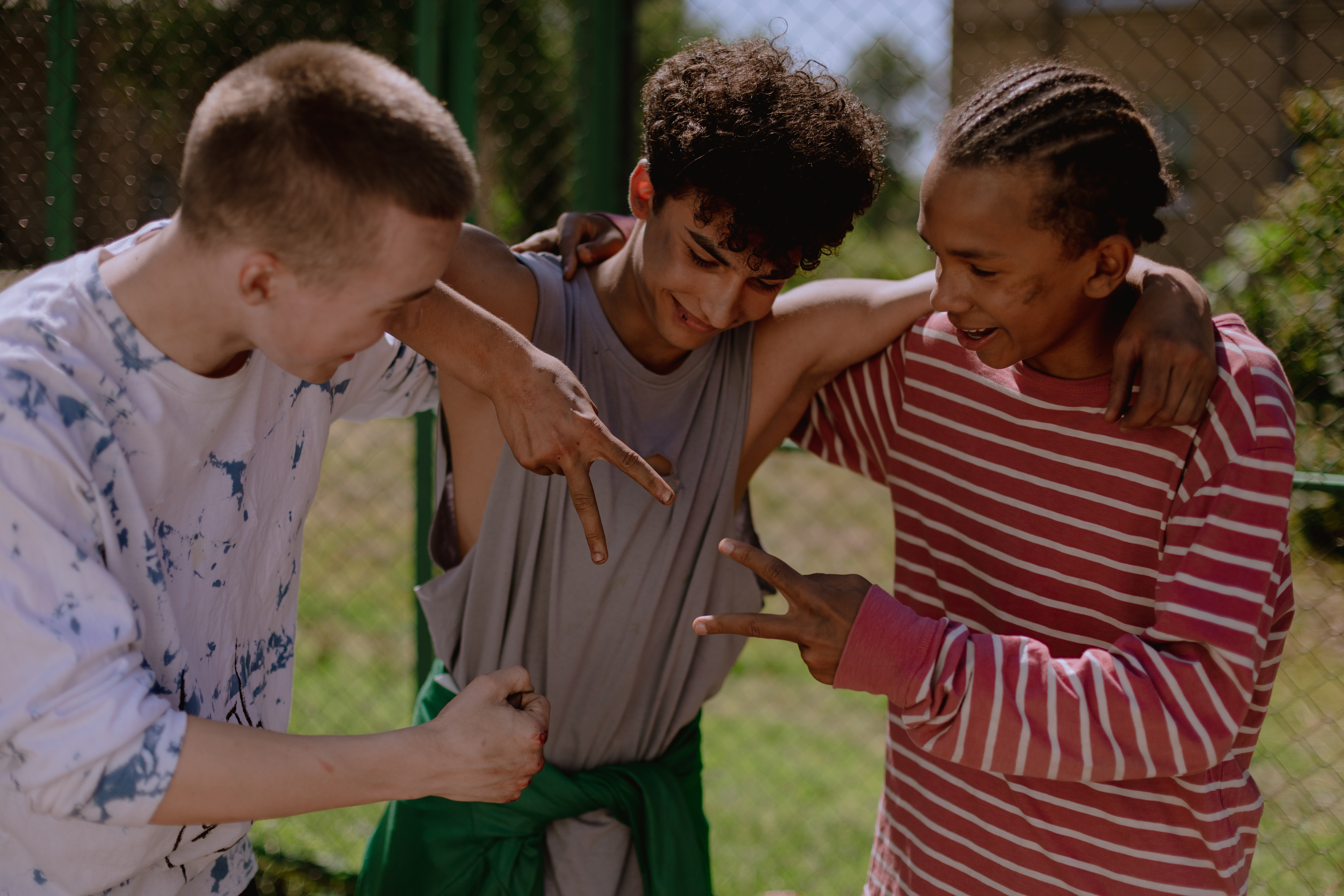WASHINGTON (November 11, 2022)--The Milken Institute School of Public Health at the George Washington University today announced the award of a major grant from the National Institutes of Health to launch a unique intervention aimed at preventing gun violence. Involving youth and young adults. NIH awarded the grant to Mark Edberg, professor of prevention and community health at the Milken Institute SPH. Edberg and his team will work collaboratively with a group of DC community partners to find solutions to this serious public health problem.
Homicide, typically with a firearm, is the third leading cause of death for young people in the United States. Gun violence disproportionately affects African American and other minority youth, especially young men. In the District of Columbia, violent crime has gone up 28% from 2021 and homicide rates jumped by 14% between 2020 and 2021.
The DC community partners on the project include Mint, Inc., Don’t Shoot Guns, Shoot Cameras, the DC Housing Authority/Highlands Addition Community Center, the DC Office of the Attorney General, and the DC Office on Gun Violence Prevention/Building Blocks.
The team will put in place and evaluate a novel community-level youth firearms prevention program in the Washington Highlands community, located in Ward 8 of the District of Columbia, called “Changing Youth Narratives on Firearms Violence.”
“Gun violence is a large and continuing problem in urban neighborhoods with a history of poverty, racism, exclusion and a lack of basic resources,” said Edberg, who is the principal investigator on the project. “Kids growing up in such areas may see violence as one of the few paths to gaining respect, money or power. Our project aims to implement changes so that youth see and experience multiple non-violent pathways to success,” with a goal of reducing the current level of violence.
Researchers know that violence is prevalent in many of these neighborhoods for a variety of reasons, including exposure to multiple risk factors, availability of guns, a lack of connection to social and economic opportunities, long histories of discrimination and exclusion, minimal protective supports, and embedded social norms concerning violence that have evolved in order to cope and survive. In such circumstances, youth in the vulnerable stage of adolescence, during which identities and “possible selves” take shape, may see that violence plays an outsized role in the kinds of pathways they perceive as available to them – pathways that offer a chance for reputation, status, respect and power, according to Edberg. That dynamic shapes youth and community narratives about violence and its role.
The researchers propose a collaborative effort to change these perceptions about the role of violence, and to back up the changed perceptions with actual changes in available opportunities for positive gain that do not involve violence. The hope is that such changes will influence adolescents’ sense of possible future pathways and reduce the imperatives now pushing so many into violence involvement. The intervention will therefore involve a period of formative research to identify potential personal and career trajectories (non-violent) that are meaningful, attractive, and rewarding for youth in the community. In addition, with continued funding based on results of the research, the team will implement activities and supports that help youth follow these paths. Importantly, the project will also make extensive use of multiple media platforms to ensure that youth and community members are aware that these alternative pathways and supports exist, right there in the community, and that they offer the chance for personal gain and reputation without violence. In this way, the intervention seeks to address both perceptions about violence and its role, and the actual structural conditions that facilitate non-violent options.
The study led by Edberg is one of three projects and a coordinating center on gun violence prevention recently funded by the NIH. The network of projects focuses on community or organizational level interventions to change environments or settings in order to address the root causes that may underlie the persistence of and recent upticks in firearms violence.
-GW-


